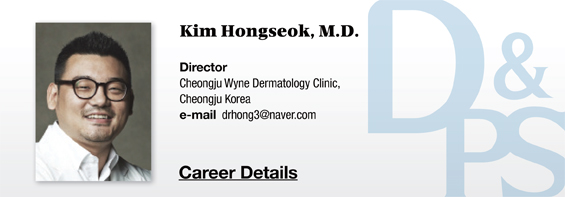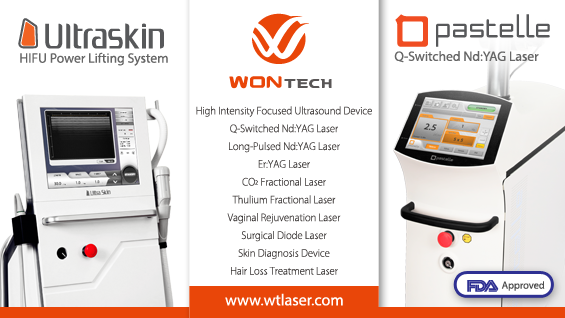
Idebenone
Idebenone is a synthetic analog of CoQ10 and infiltrates the skin more easily due to its low molecular weight. It is also known to have a more powerful antioxidant action compared to CoQ10, tocopherol, kinetin, ascorbic acid and lipoic acid.
In an experiment, topical idebenone was shown to be effective in photo-damaged skin. A study involving 41 subjects showed that twice daily application of 0.5% or 1.0% idebenone given for 6 weeks improved rough texture, dryness and fine wrinkles.

Wrinkles may have improved due to moisturization or stimulating the skin but antioxidants other than vitamin C do not seem to have direct impact on wrinkles. Effects on wrinkles may stem from additional hydration and stimulation of the skin. However, this does not mean that topical use of antioxidants such as idebenone would not prevent wrinkles. An anti-wrinkle study that examined a patch formulation reported of contact dermatitis. As idebenone is becoming more commercialized, more cases of contact dermatitis are likely to develop.
Resveratrol
Resveratrol is a polyphenolic phytoclexin compound rich in grape seeds, strawberries, peanuts, and red wine, etc. It consists of largely two types; trans-resveratrol and cis-resveratrol. The trans-isomer type is more stabilized. Resveratrol has powerful antioxidant, anti-inflammatory and anti-proliferative actions. It was found to have chemopreventive, antiproliferative actions in cancer in experiments and animal studies. It has inhibitory actions in various stages of cancer development including tumor initiation, promotion, progression and apoptosis.
A recent study found that topical use of resveratrol protected against UVB-induced cell damage and reduced oxidative reactions, white blood cell infiltration, and edema, etc. after UVB exposure. Moreover, it was found to inhibit COX-2 and ODC enzyme which are activated by UVB exposure, as well as inhibit increase of lipid oxidation.
A study reported that pretreatment of healthy epidermal keratinocytes with topical resveratrol inhibited NF-kB pathway after UVB irradiation. A long-term study showed that topical resveratrol used before and after treatment delayed or prevented UV-induced carcinogenesis. Based on these results, resveratrol is recognized as a suitable ingredient for various cosmetic products including emollient and sunblock. It is proven to protect the skin from various undesirable effects of UV exposure.
[Advertisement] Ultra Skin/Pastelle – Manufacturer: WONTECH(www.wtlaser.com)
Genistein
Genistein is an active component derived from soybeans and belongs to the polyphenol family. The lower incidence of breast cancer, intestinal cancer and prostate cancer in Asians compared to Caucasians is associated with a higher consumption of soybeans. Soybeans contain various beneficial components including genistein, which has proven antioxidant action.
Genistein has many biological actions including promoting the effects of therapies used in cardiovascular diseases and osteoporosis as well as radiotherapy used in prostate cancer and breast cancer. Genistein contains phytoestrogen which helps modulate perimeopausal symptoms without the risk of hormone therapy.
Genistein is a powerful antioxidant and is effective in various cancers including skin cancer. It inhibits oxidative damage of DNA from UV exposure as well as UV-induced c-Fos, and c-Jun protooncogene. Both topical application and oral ingestion of genistein have been found to inhibit UV-related skin cancer. It also gradually inhibits subacute or chronic skin damage and histological changes caused by UVB. Its anticancer effects are driven by ROS scavenging and it also inhibits tyrosine protein kinase, EGF-receptor phosphorylation downregulation and oncoprotein. In short, genistein gradually prevents skin aging and onset of skin cancer caused by UV exposure. It is widely used in many cosmetic products including moisturizers, sunblocks, and anti-aging creams.
-To be continued




















